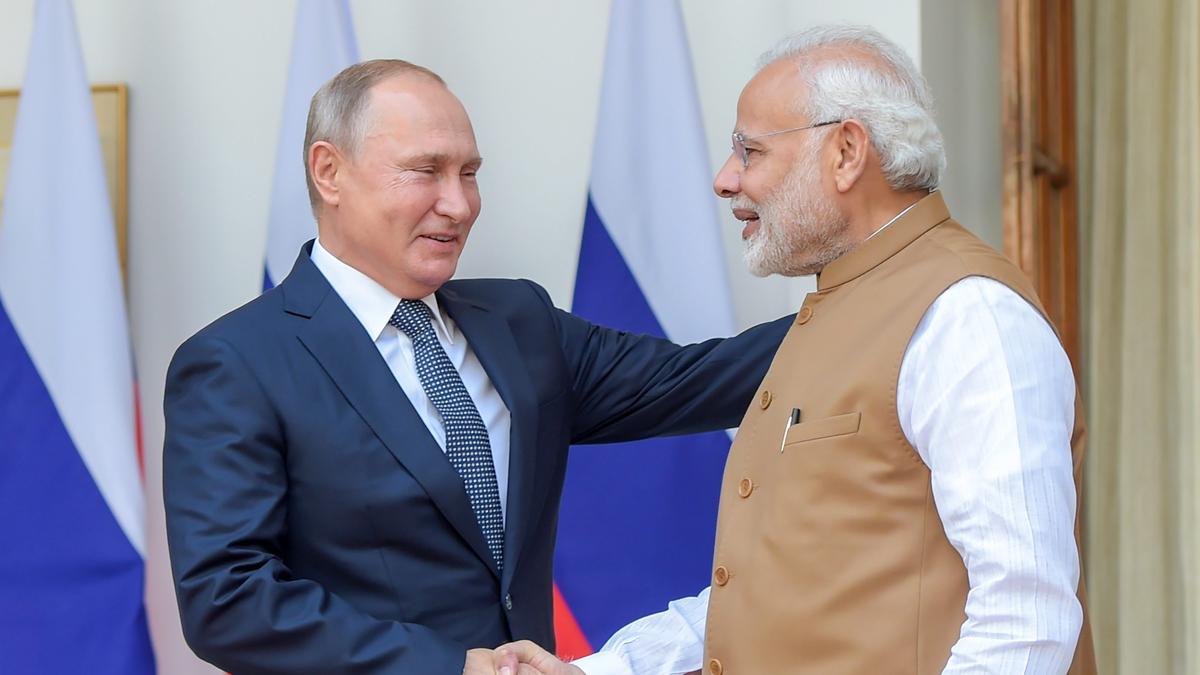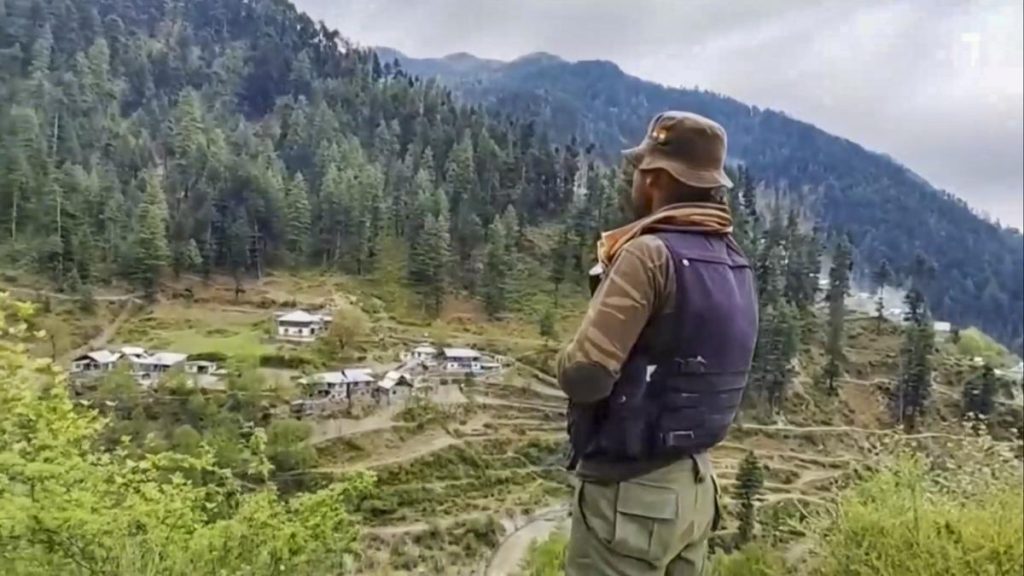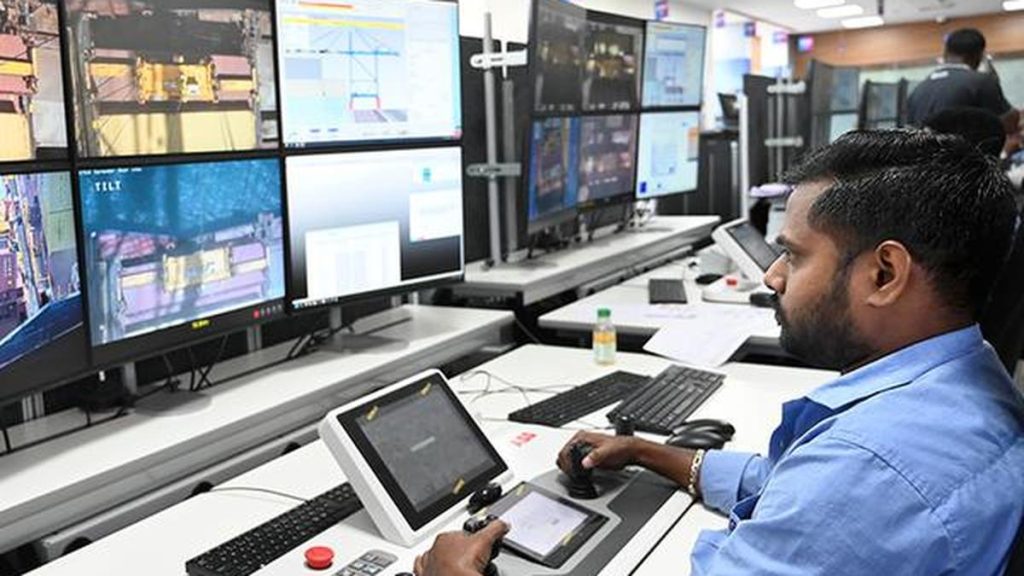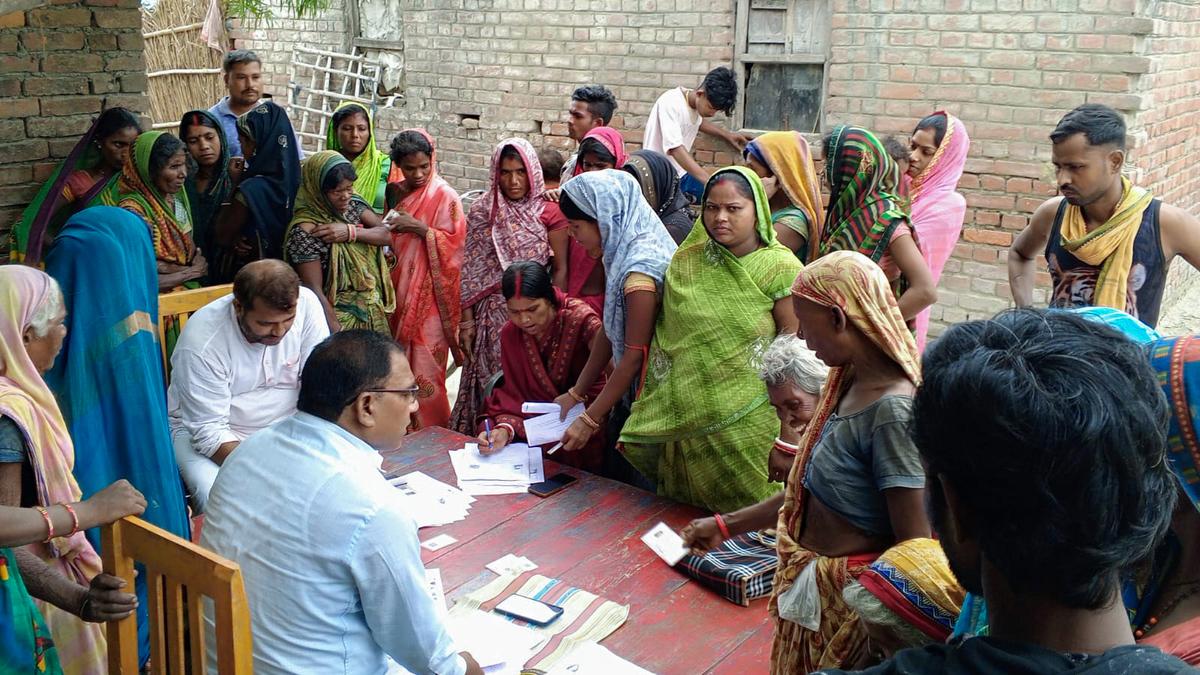Now Reading: Will India Yield to U.S. Pressure on Russian Oil?
-
01
Will India Yield to U.S. Pressure on Russian Oil?
Will India Yield to U.S. Pressure on Russian Oil?

Swift summary
- Background: U.S. President Donald Trump announced a 25% penalty tariff on Indian goods due to India’s ongoing import of Russian oil. This follows an earlier 25% reciprocal tariffs imposed after India and teh U.S.failed to reach a Free Trade Agreement (FTA).
- india’s Response:
– The Ministry of External Affairs (MEA) criticized the U.S. and EU for “targeting” India over Russian oil imports while they continue similar trade with Russia.
– MEA called the tariffs “unfair” and vowed to protect India’s national interests.
– Prime Minister Narendra Modi reaffirmed his intent to protect key sectors such as agriculture, fisheries, and dairy.
- trade Impact: Indian exporters, particularly garment manufacturers, are facing challenges as U.S.importers suspend orders.
- Potential Relief Measures:
– A Trump-Putin summit on August 15 could influence outcomes if steps are taken to resolve the Ukraine war.
– A team of U.S. negotiators will visit Delhi on August 25 for potential trade adjustments or concessions.
- India-Russia Oil Relations:
– Post Ukraine invasion, Russian crude accounts for ~35-40% of India’s oil basket; purchases have saved $13 billion by early estimates.- Despite reduced recent demand from private refiners like Reliance and Nayara Energy, full cessation appears unlikely.
- Policy Context: Comparisons arise with India’s decision in May 2019 under pressure from Trump to stop Iranian oil imports entirely-a move that led to financial losses at that time.
Indian Opinion Analysis
The imposition of additional penalties on Indian goods by the United States represents a significant challenge in navigating diplomatic ties while maintaining economic sovereignty.The standoff underscores how geoeconomic decisions-such as importing discounted Russian crude-are deeply intertwined with broader geopolitical dynamics involving Russia’s invasion of Ukraine.
From a strategic standpoint, India faces difficult choices between safeguarding its longstanding partnership with Russia and resisting economic pressure from the U.S.,which remains vital for technology access,defense cooperation,and other shared interests like Quad initiatives in Indo-Pacific security.
While past precedents such as Iran show that economic pragmatism can force policy shifts under external pressure, India’s current situation reflects its bid for greater strategic autonomy amid shifting global priorities post-COVID-19 pandemic and Ukraine war dynamics. How effectively New Delhi balances these competing pressures without significantly compromising ties with either Washington or Moscow could reshape perceptions about India’s future foreign policy posture globally.

























